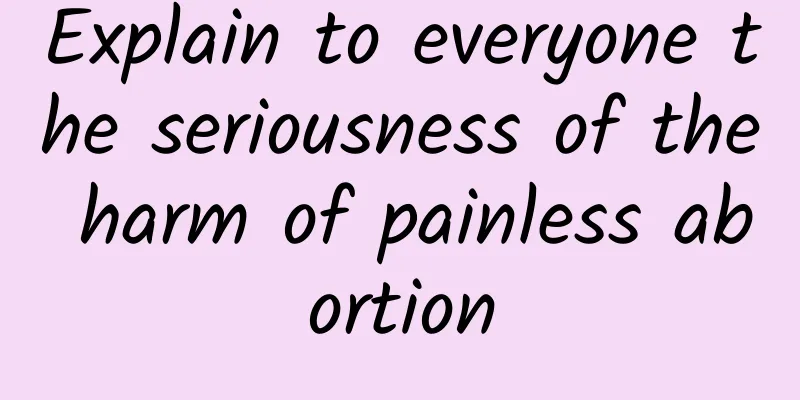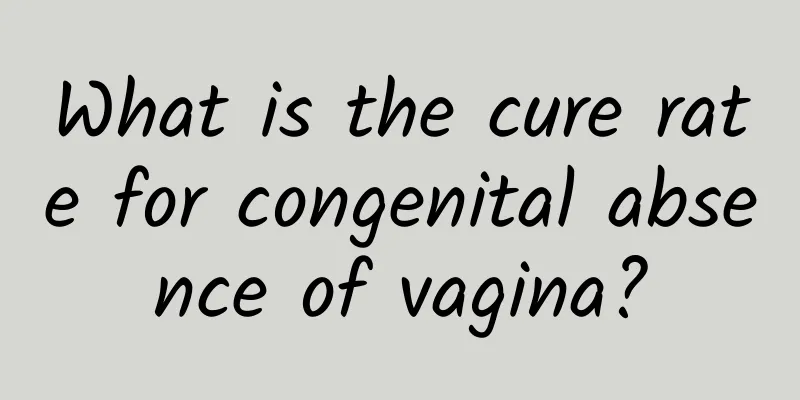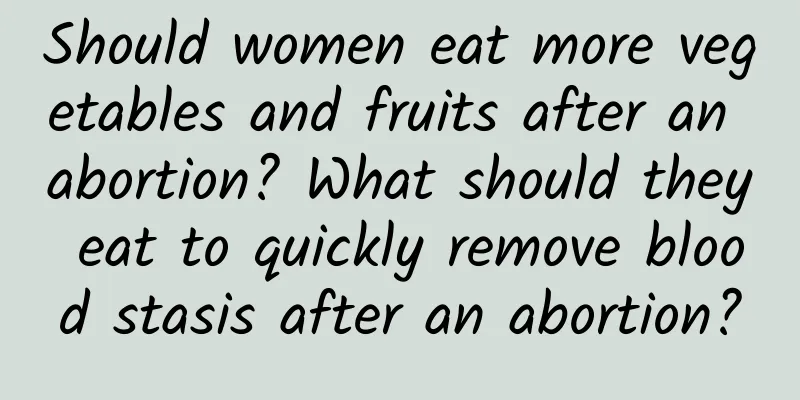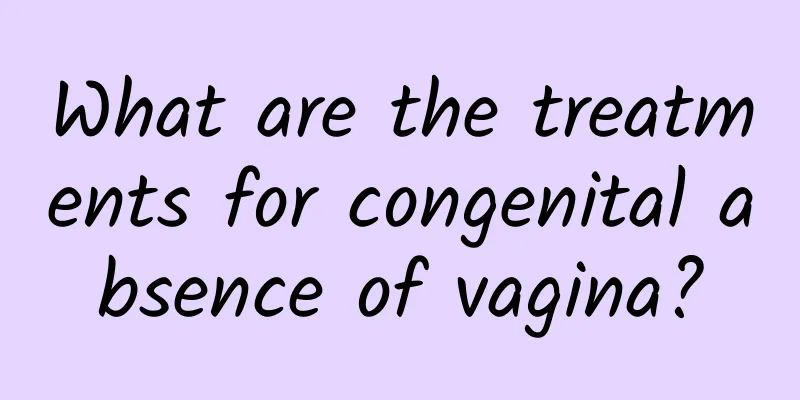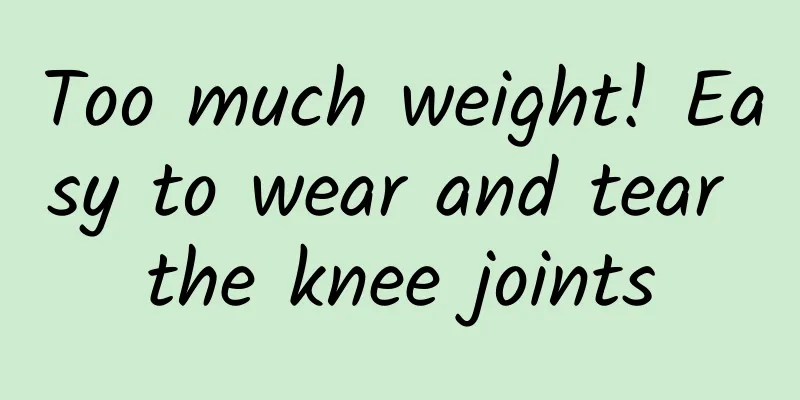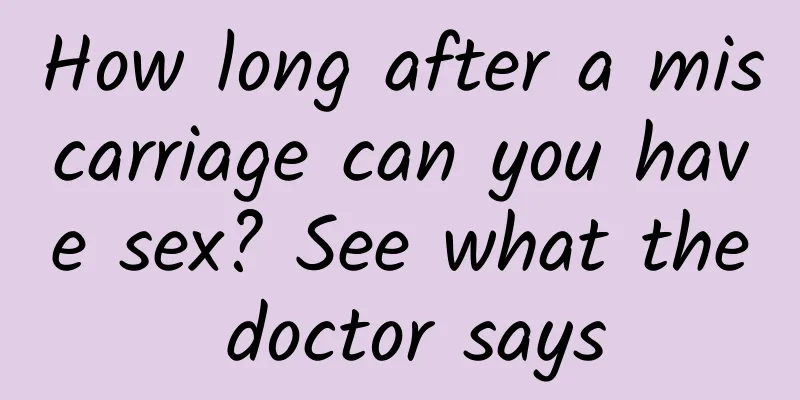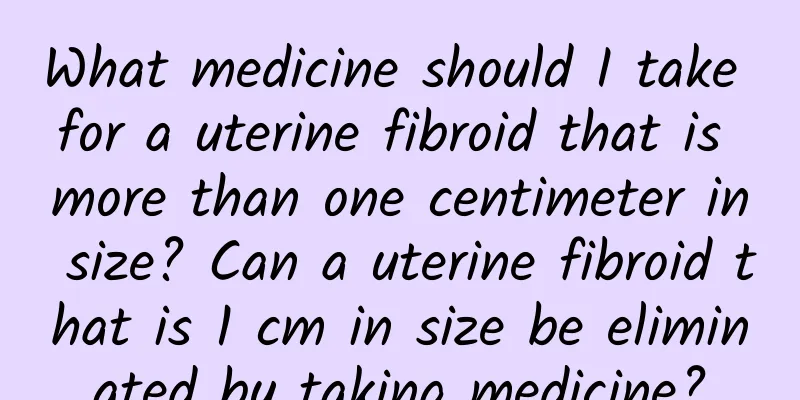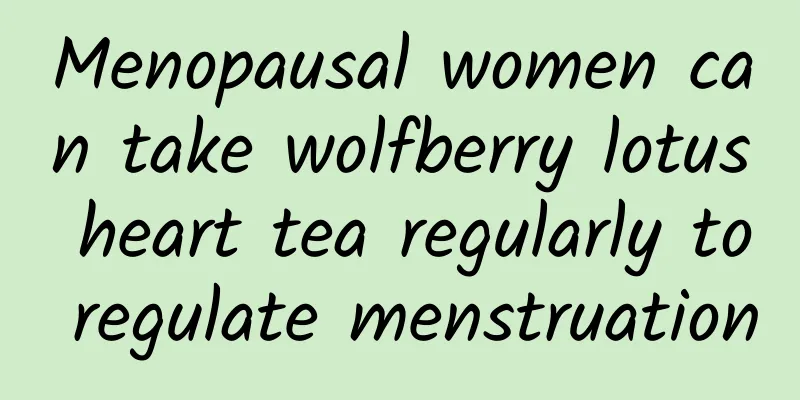EU resolution: no sugar allowed in fruit juice from June
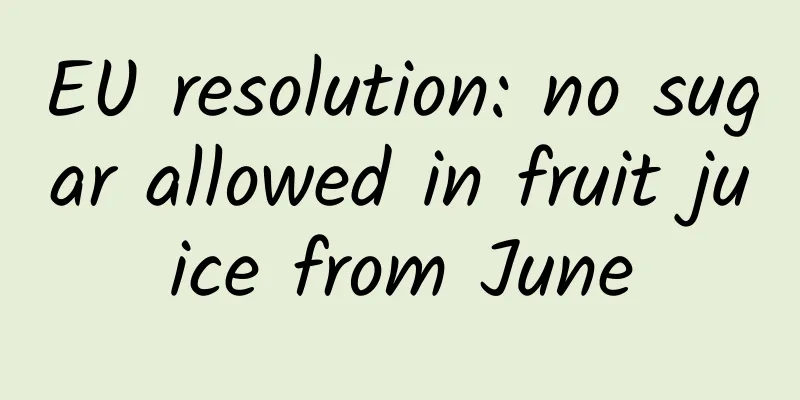
|
Many fruit juices labeled "pure juice" on the market contain a small amount of artificial additives to enhance their taste and shelf life. Therefore, many nutritionists do not recommend drinking fruit juice instead of eating fruit, as it may put a burden on the body in the long run. The European Union Council of Ministers recently passed a groundbreaking resolution that stipulates that food manufacturers within member states are not allowed to add any additional sugar to fruit juice. The decree will officially come into effect in June this year. A statement issued on the EU official website on the 8th stated that the "no sugar added to fruit juice" policy will be strictly implemented from June 1st. According to a statement issued on the EU official website on the 8th, in order to fully comply with the International Food Standard System (Codex Alimentarius) established by the Food and Agriculture Organization (FAO) and the World Health Organization (WHO) in 1963, the "no sugar added to juice" policy will be strictly implemented from June 1st. This means that even if "juice contains sugar" is stated on the outer packaging, it will not be allowed. This measure will have an 18-month buffer period to facilitate member states to submit it to parliament for a vote. What is more special is that this resolution includes "tomato" in the list of fruits for the first time, which means that "tomato juice" will also be regulated by this decree. In addition, in order to prevent manufacturers from using chemical flavors and artificial colors to confuse the product, the type of fruit used must be clearly indicated in the future. If the product contains three or more mixed fruit juices, it can be labeled as "multi-fruit". Prior to this, it was an unspoken secret in the industry that canned fruit juice contained sugar or artificial sweeteners, even if it was labeled "100% pure juice". Therefore, through legislation, EU citizens were able to buy the purest fruit juice. In other words, regardless of whether the juice manufacturer was registered in the EU, as long as the product was imported and sold on the market, it must comply with the regulations of this bill. |
<<: A series of explosions of clenbuterol! Zhu Lilun: The source should be traced
Recommend
Under what circumstances is it necessary to remove uterine fibroids? Under what circumstances is it necessary to remove the uterus?
Under what circumstances is it necessary to remov...
How to check for pelvic inflammatory disease
How to check for pelvic inflammatory disease: The...
How to treat bacterial vaginitis with diet
A reasonable diet can also help you relieve the s...
The daily medications for patients with cervical precancerous lesions mainly include
What are the main daily medications for patients ...
The difference between adnexitis and pelvic inflammatory disease
Adnexitis and pelvic inflammatory disease are two...
Cold obesity is prone to infertility. Two cups of tea can help you regain vitality.
Seeing her daughter tucking into ice cream or col...
The main reason for cervicitis is low body resistance
The appearance of cervicitis is too common in tod...
Why do I keep gaining weight if I eat boiled vegetables and no starch? Eat like this to prevent sarcopenia with balanced nutrition
Some seniors would ask nutritionists: "I onl...
Abnormal vaginal discharge but no test results
Abnormal vaginal discharge but no problem found i...
New Taipei City sampled 2 items of snack food for school children and found they did not match the label
During the school summer vacation, the New Taipei...
Introduction to the symptoms of four common acute adnexitis
Early detection of the symptoms of acute adnexiti...
Eat more and move less in winter. Learn 3 ways to get rid of fat
[Key Points]: In order to resist the cold, people...
How to treat vulvar leukoplakia in the early stage
How to treat vulvar leukoplakia in the early stag...
Only eat bananas when exercising? Insufficient glycogen causes premature wall-hitting
Can’t eat before road running? Can you only eat b...
What is functional uterine bleeding?
Dysfunctional uterine bleeding is abnormal uterin...
